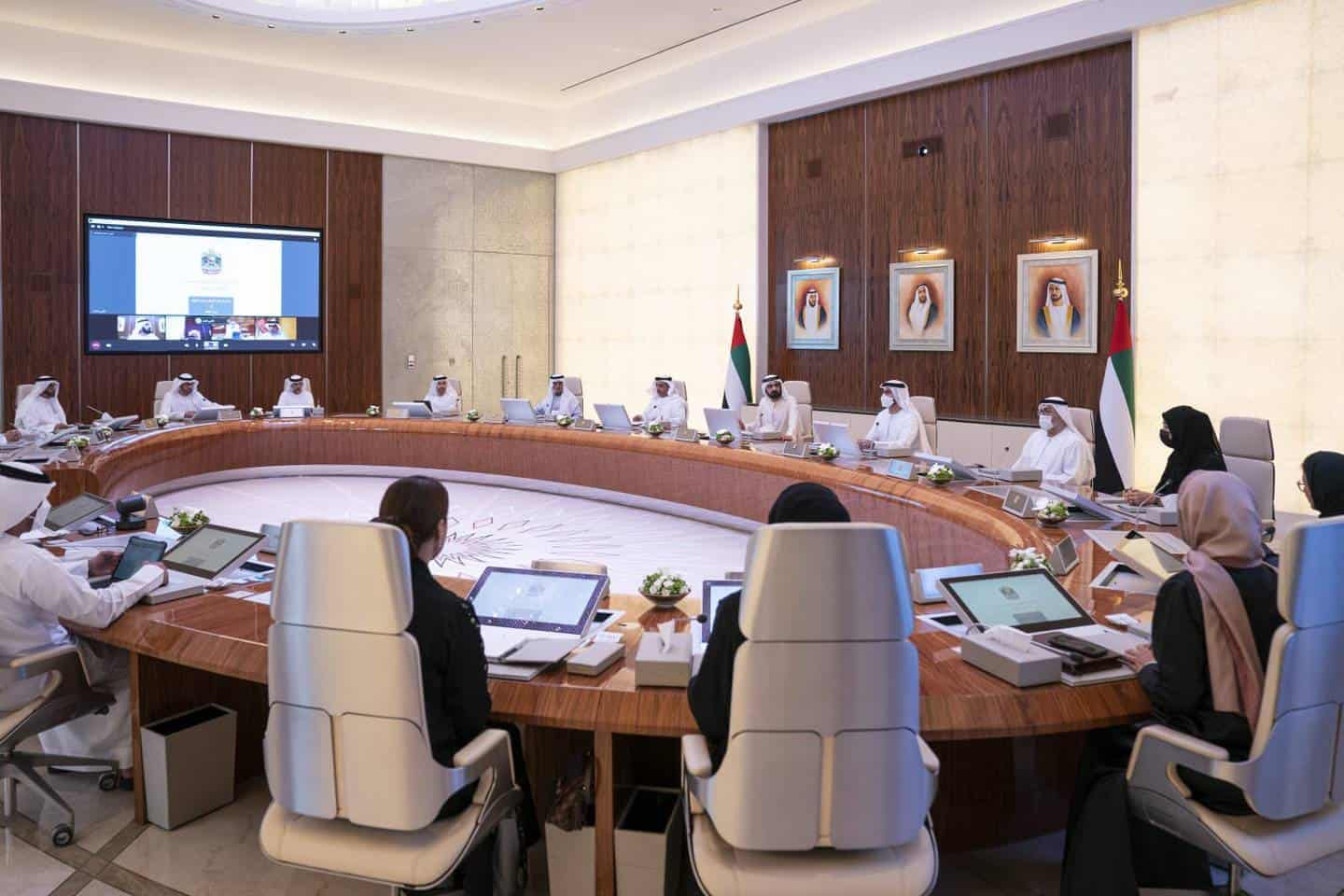The United Arab Emirates (UAE) has given go-ahead to the formation of a digital economy council in a cabinet meeting. It also approved a plan according to which the digital economy can contribute 20 percent to the gross non-oil national economy in the coming years.
Sheikh Mohammed bin Rashid, Prime Minister and Ruler of Dubai said: “I chaired a Cabinet meeting at Al Watan Palace in Abu Dhabi, during which we approved the UAE’s strategy for the digital economy.”
“Our goal is for this sector to contribute 20 per cent of our gross non-oil national economy in the coming years. And we have formed a Digital Economy Council headed by Minister of Artificial Intelligence Omar Al Olama.”
The strategy aims to double the contribution of the digital economy to the UAE’s GDP from 9.7 per cent to 19.4 per cent within the next 10 years.
The plan includes more than 30 initiatives, projects and programs and five new areas of growth. In November, a report from management consulting firm Strategy& found that the digital economies of GCC countries are growing twice as fast as their advanced economy counterparts and their pace of expansion has the potential to add up to $255 billion to regional gross domestic product.
The maturity of GCC digital economies could match that of Organization of Economic Co-operation and Development (OECD) countries within five years if they continue at the same pace, the report said.
The UAE leads the Arab world in its digital progress and preparedness for the future, according to a survey by the Portulans Institute conducted in collaboration with Google.
The Emirates was ranked third — with Singapore claiming the number one spot — among 27 emerging global economies, according to the Future Readiness Index survey.
The Cabinet also approved the framework for coordinating and organizing humanitarian for foreign countries, which includes the establishment of overseas offices.
“Today, during the session, we approved an additional organizational framework to support external humanitarian work,” Sheikh Mohammed said.
“It includes the establishment of co-ordination offices for humanitarian aid within the UAE’s foreign missions in a number of countries.
“Our humanitarian work is on the rise and increasing, praise be to God. The UAE will remain the capital of goodness, God willing, and preserved with this goodness.”
The UAE recently launched a campaign to donate one billion meals to the poor and hungry around the world.
The One Billion Meals initiative is organized by Mohammed bin Rashid Al Maktoum Global Initiatives (MBRGI) and supports the underprivileged and hungry in 50 countries.
The campaign has already received enough donations to provide 76 million meals to people in need around the world.
The Cabinet also adopted a set of international agreements, including a pact to link the payment systems of the GCC countries and agreements with the United States, Denmark and Brazil.
It approved plans to join an international body that oversees the development and introduction of hydrogen and fuel cell technologies.
“We have also approved the country’s joining the International Partnership for Hydrogen and Fuel Cells in the Economy to support our goals in the field of clean energy,” Sheikh Mohammed said.
The Cabinet approved unified standards at state level to license and encourage family counseling professions and also approved the restructuring of the board of directors of the Higher Colleges of Technology.
“The goal is to raise quality, increase efficiency, and help families by providing the best specialists to provide counseling and advice in all family matters,” Sheikh Mohammed said.
“We also approved the restructuring of the Board of Directors of the Higher Colleges of Technology headed by Ahmed Belhoul Al Falasi. Education needs to develop outputs, raise skills, and prepare for a future full of changes.”

